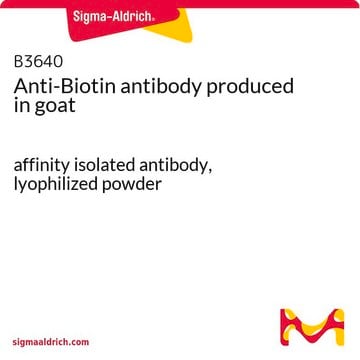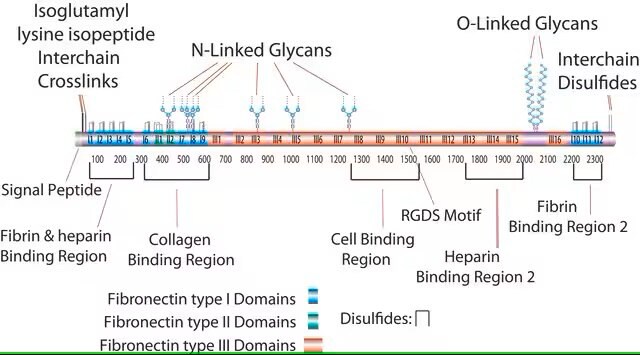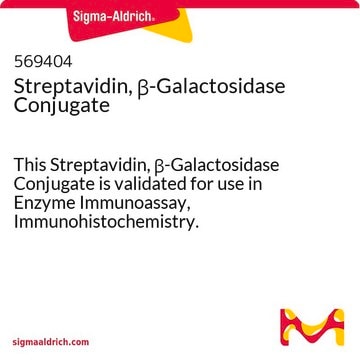MABS2321
Anti-Biotin Antibody, clone 8H6.8
Synonyme(s) :
Vitamin B7
About This Item
Produits recommandés
Source biologique
mouse
Niveau de qualité
Forme d'anticorps
purified antibody
Type de produit anticorps
primary antibodies
Clone
8H6.8, monoclonal
Produit purifié par
using protein G
Réactivité de l'espèce (prédite par homologie)
all
Conditionnement
antibody small pack of 100
Technique(s)
ELISA: suitable
immunofluorescence: suitable
western blot: suitable
Isotype
IgG1κ
Numéro d'accès UniProt
Température de stockage
2-8°C
Spécificité
Immunogène
Application
Evaluated by ELISA with Biotin-BSA.
ELISA Analysis: Serial dilutions from a representative lot detected Biotin-BSA in ELISA application.
Tested Applications
Western Blotting Analysis: A 1:5,000 dilution from a representative lot detected Biotin-BSA.
Immunofluorescence Analysis: A 1:50 dilution from a representative lot detected Biotin-conjugates in Human kidney tissue sections.
Note: Actual optimal working dilutions must be determined by end user as specimens, and experimental conditions may vary with the end user.
Description de la cible
Forme physique
Reconstitution
Stockage et stabilité
Autres remarques
Clause de non-responsabilité
Not finding the right product?
Try our Outil de sélection de produits.
Code de la classe de stockage
10 - Combustible liquids
Classe de danger pour l'eau (WGK)
WGK 2
Point d'éclair (°F)
Not applicable
Point d'éclair (°C)
Not applicable
Certificats d'analyse (COA)
Recherchez un Certificats d'analyse (COA) en saisissant le numéro de lot du produit. Les numéros de lot figurent sur l'étiquette du produit après les mots "Lot" ou "Batch".
Déjà en possession de ce produit ?
Retrouvez la documentation relative aux produits que vous avez récemment achetés dans la Bibliothèque de documents.
Notre équipe de scientifiques dispose d'une expérience dans tous les secteurs de la recherche, notamment en sciences de la vie, science des matériaux, synthèse chimique, chromatographie, analyse et dans de nombreux autres domaines..
Contacter notre Service technique








